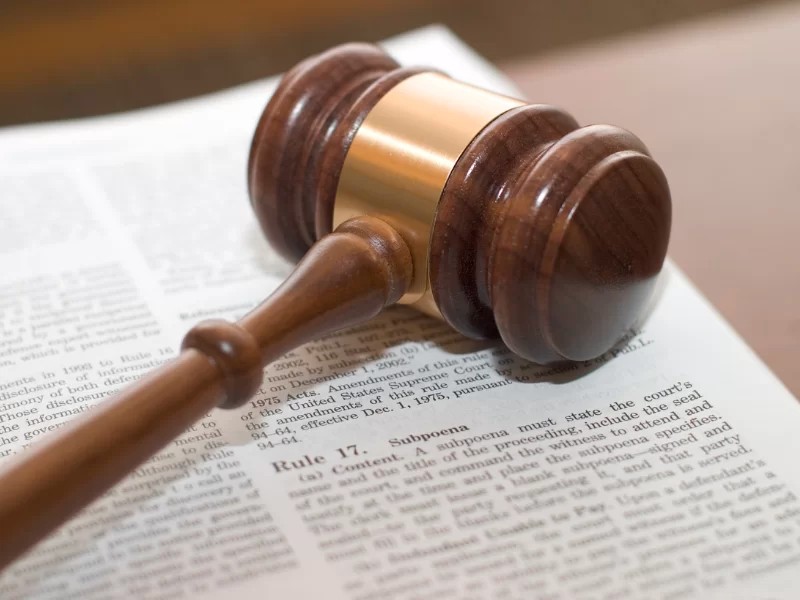When an individual is incarcerated, their property rights don’t automatically disappear. Managing and maintaining ownership of property becomes significantly more challenging. Here’s what you need to know:
- Personal property – The arresting agency or correctional facility typically holds items in your possession at the time of arrest. These items should be returned upon release, although the process varies depending on the jurisdiction.
- Real estate – Ownership of real estate (e.g., houses, land) is not automatically forfeited upon incarceration. Maintaining mortgage payments and property upkeep is challenging while imprisoned.
- Financial assets – Bank accounts, investments, and other financial assets remain in your name, but accessing and managing them becomes more difficult.
- Vehicles – Ownership of vehicles is not automatically transferred, but storage and maintenance are problematic during long-term incarceration.
- Business interests – If you own a business, your incarceration doesn’t automatically dissolve your ownership, but it significantly impacts operations and management.
Protecting your property during incarceration
Taking proactive steps to protect your property before and during incarceration is crucial. Here are some strategies to consider:
- Designate a power of attorney
An effective way of protecting your property while incarcerated is to designate a trusted individual as your power of attorney (POA). The person manages your financial affairs, pays bills, maintains properties, and makes important decisions for you. Choose someone you trust implicitly, as they will have significant control over your assets.
- Set up a living trust
Creating a living trust helps protect your assets and ensure they’re managed according to your wishes. Unlike a will, a trust takes effect immediately and is managed by a trustee while you’re incarcerated.
- Inform creditors and service providers
Notify your creditors, utility companies, and other service providers about your situation. Some may offer hardship programs or alternative payment arrangements to prevent defaults or service interruptions.
- Arrange for property management
If you own real estate, consider hiring a property management company or designating a trusted individual to maintain the property, collect rent, and handle any issues that arise.
- Secure important documents
Ensure all important documents are stored safely and accessible to your designated POA or trusted family member.
- Consider selling or transferring assets
In some cases, it may be prudent to sell or transfer ownership of certain assets before incarceration to prevent potential loss or mismanagement.
What Happens to My Property if I am Incarcerated? If you are incarcerated, your property may be managed by a designated person or a legal representative. It’s important to establish a plan beforehand to ensure your assets are protected during your absence.
Regaining ownership after release
Upon release from incarceration, regaining full control and ownership of your property is a complex process. Here are the steps you should consider:
- Revoke power of attorney – If you designated a power of attorney, you’ll need to revoke it to regain control of your affairs formally. This typically involves notifying the POA in writing and filing the revocation with the appropriate county office.
- Update legal documents – Please review and update any legal documents, including wills, trusts, and beneficiary designations, to ensure they reflect your current wishes and circumstances.
- Reclaim control of financial accounts – Contact your banks and financial institutions to regain access to your accounts. You may need to provide identification and proof of release. Be prepared to update your contact information and possibly open new accounts if old ones were closed.
- Address any property issues – Inspect any real estate or vehicles you own for damage or maintenance issues. If properties were rented out or managed by others during your incarceration, review accounts and ensure all is in order.
While the journey may seem daunting, it’s an essential step towards rebuilding your life and financial stability after incarceration. By taking the right approach and getting the right support, you can overcome the challenges and move towards a more secure future.




